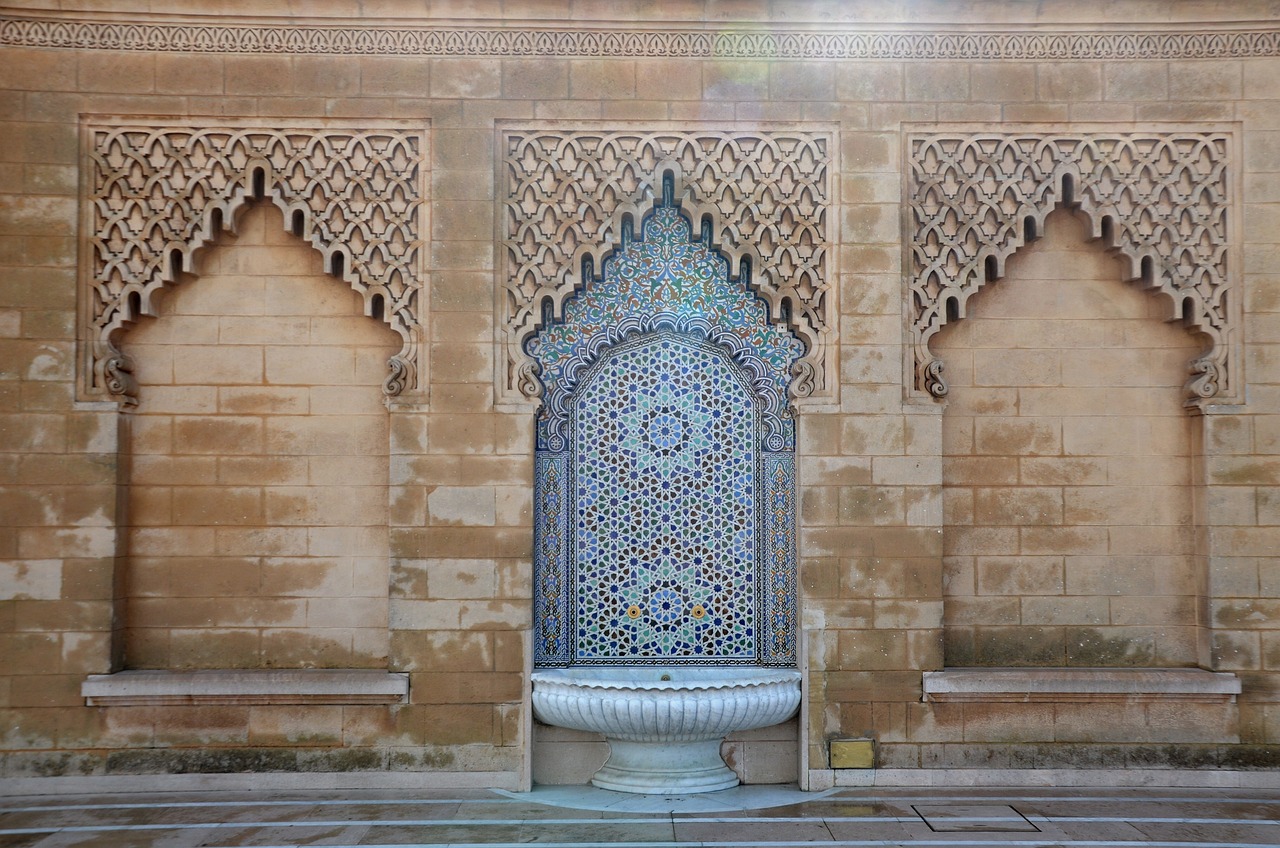Muharram is the first month of the Islamic lunar calendar. The word Muharram, meaning forbidden in Arabic, reflects the sacred nature of this month. Muharram marks the beginning of the Islamic New Year and has significant historical and religious importance for the Muslim world.
Muslims also observe fasting during Muharram, which is an important spiritual practice in Islam and provides an opportunity for inner reflection, spiritual development, and a deeper relationship with Allah (SWT). This blog will delve deeper into the significance of Muharram, its historical background, the practice of fasting during this particular month, and its value as an opportunity for reflection and spiritual renewal.
The Month of Muharram
In the Muslim world, the first month of the Islamic calendar has considerable historical significance. It represents the Hijra, the Prophet Muhammad’s (Peace be Upon Him) journey from Mecca to Medina, a pivotal period in Islamic history. Another remarkable event that contributes to the sacredness of this month is the unfortunate battle of Karbala.
On the 10th day of Muharram, 680 AD, a terrible event in Islamic history called the Battle of Karbala took place. It was between the Umayyad caliph Yazid’s army and a small group under the command of Imam Hussein, the Prophet Muhammad’s (Peace be Upon Him) grandson.
Imam Hussein and his family and friends bravely fought for justice and the truth in the face of insurmountable obstacles. Despite their bravery, they were mercilessly martyred, and the women and children were held captive. But as time passed, this tragic incident evolved into a powerful symbol of Muslim resistance to injustice, ultimately acting as a source of strength and inspiration.
Fasting in Muharram
Muslims value the practice of fasting during the month of Muharram, and believers have the choice of doing so at any time during this revered period. The most significant day for fasting is the 10th of Muharram, also known as Ashura.
So, The Holy Prophet (Peace be Upon Him) fasted on this day, and he encouraged his companions to do the same. But, this rule was nullified when Allah (SWT) made fasting compulsory in Ramadan, and Muharram fasting became Sunnah. Muslims might also fast on the 9th and 10th or the 10th and 11th days of Muharram to receive additional benefits.
The Virtues of Ashura Fasting
According to Hadith and Sunnah, Ashura is a crucial day for Muslims to observe fasting because of its many benefits. The Prophet Muhammad (Peace be Upon Him) urged people to fast on the tenth day of Muharram, saying that doing so atones for sins committed the year before.
The day is also significant because of its connections to important occasions in Islamic history, such as the liberation of the Prophet Moses (Peace be Upon Him ) and his followers from Pharaoh’s oppression. Muslims attempt to strengthen their relationship with Allah and ask for pardon by imitating this act of gratitude through fasting.
Additionally, fasting on Ashura is an opportunity to adhere to the Prophet’s (Peace be Upon Him) Sunnah.
Preparing for Muharram Fasting
Muharram fasting preparation demands careful planning and perseverance. Putting your health and well-being first is essential if you plan to fast during this holy month. Start by progressively changing mealtimes to coincide with fasting, ensuring the body remains properly nourished during early morning and late-night meals. Staying hydrated between fasts is crucial by consuming foods that provide long-lasting energy and drinking lots of water.
Furthermore, Muharram fasting is more significant with the honest goal (Niyyah) of seeking Allah’s (SWT) pleasure and reflecting on oneself.
When performed with the utmost seriousness and completely for Allah (SWT), fasting takes on the qualities of an act of worship and strengthens the faith.
Conclusion
This blog explores the importance of fasting during Muharram in the Islamic calendar and highlights its significance. We also discovered the historical significance of Muharram, particularly the Battle of Karbala, and the benefits of fasting on the tenth day (Ashura).
We encourage all the readers to embrace the spiritual significance of Muharram fasting by looking within and being devoted to Allah (SWT). May Muharram 2023 and the following years allow believers to experience renewal and spiritual growth.

